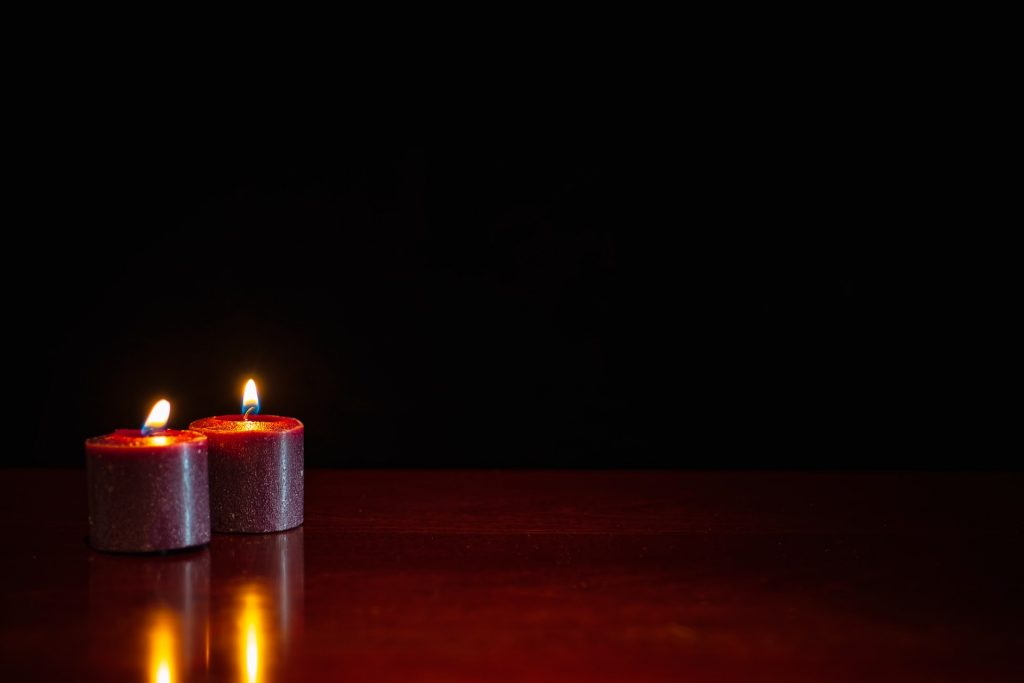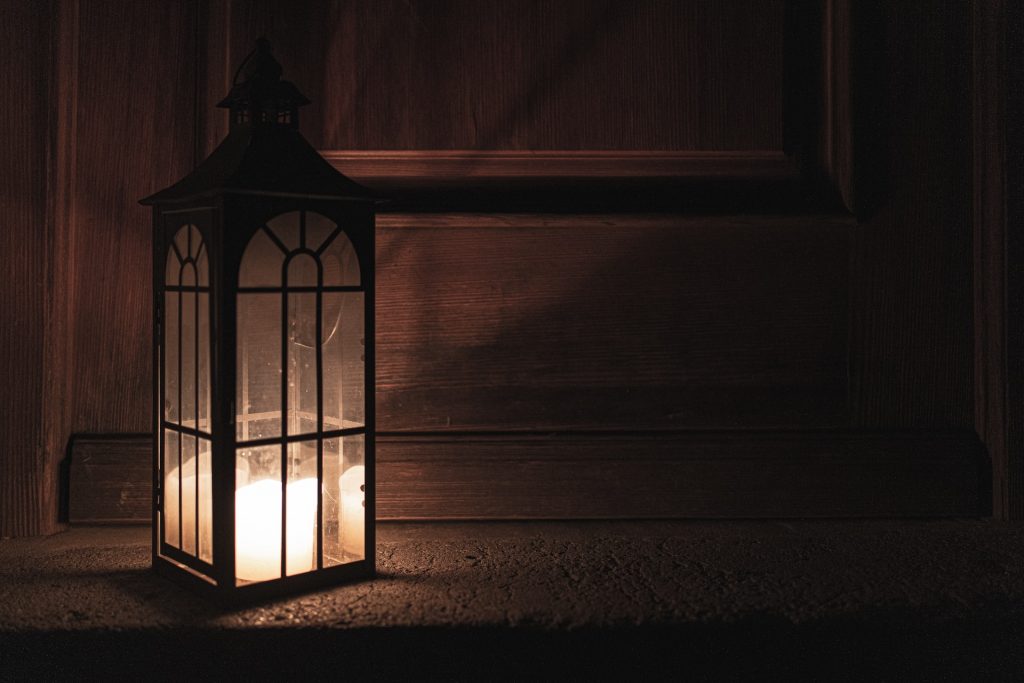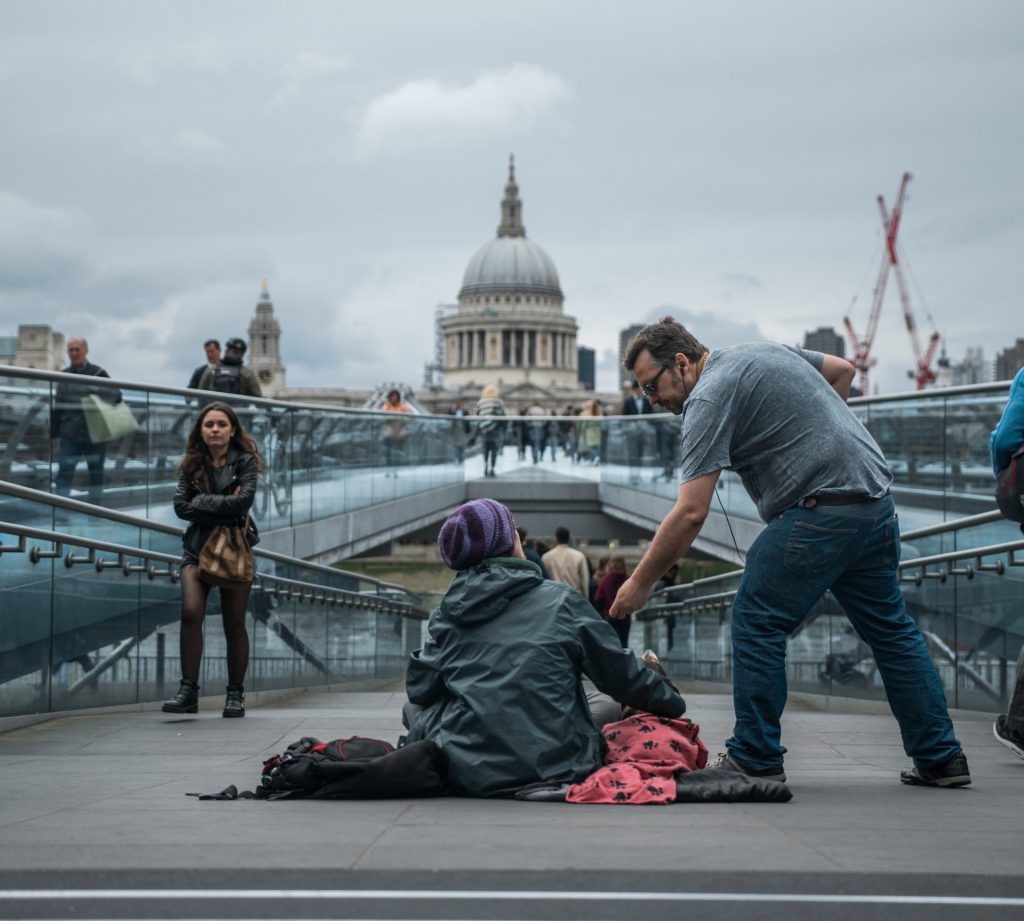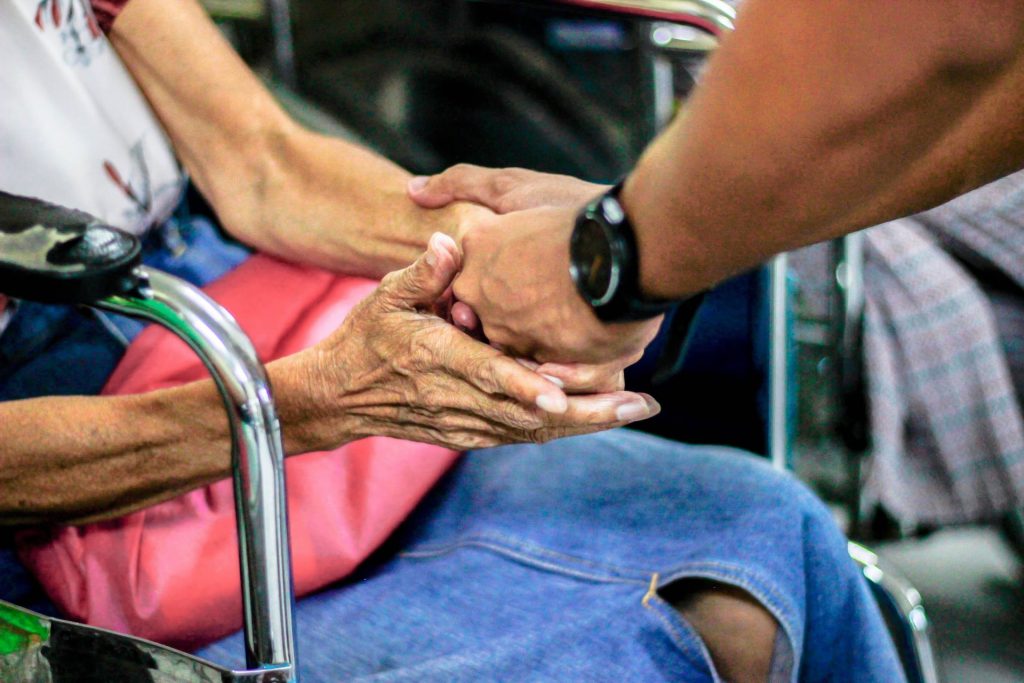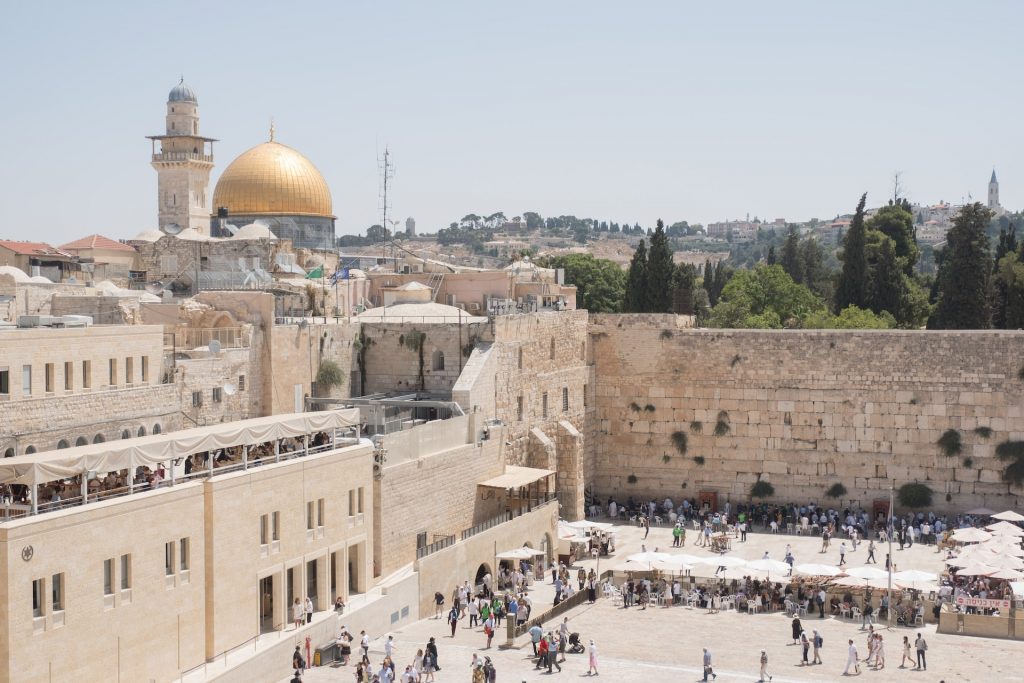As I sit to write these words, I have sunshine outside and I can here the trickling water of a splash pool outside my hotel bedroom in Malta. I am currently less than an hour’s walk from where St Paul was shipwrecked and I attended Mass this morning, in a place where legend says St Luke painted a Madonna and child on a cave wall. This is a place of pilgrimage, where for nearly two thousand years people have travelled to pray and ask for the intercession of Our Lady to help them. As we know Our Lady is a vessel to help bring Christ closer to His people, just as she brought Him into the world on that first Christmas morning.
Being in a Catholic country, it highlights how much more secular our own country has become. The majority of the Christmas decorations in Malta, show images from the Nativity, whereas in our own country, there are more secular focuses, things like Father Christmas, snowmen, holly or post boxes covered with snow. But with this secularisation, comes a challenge and an opportunity.
The Gospel today speaks of a voice that cries in the wilderness, as we are introduced [again, this time by St John the Evangelist] to John the Baptist. In some ways the Gospel of John is laid out like a report into a criminal trial. He speaks of signs and not miracles, he introduces St John the Baptist as a witness; although from the interactions between John and the priests and Levites we hear today, he appears reluctant to witness for Christ during their interrogation. Listen again to his words – “I am not the Christ”, “ I am not”, “No”.
He then of course tells them that he is the one foretold by Isaiah as being “a voice crying in the wilderness: Make a straight way for the Lord” and then “There is one standing among you whom you do not know, and I am not fit to undo his sandal strap.”
Today, in the world we are Christ’s witnesses, it is us who are called to prepare a way for the Lord by the way we interact with those around us.
If we take a long hard look at ourselves, and try and see ourselves as other do, would they see us as followers of Christ?
Or have we entered into the ‘spirit of secularism’ so much that we tend to hide our Christianity?
For example, there are times when I feel very self-conscious, if I am having a meal at a restaurant and say grace; worried what people will think. My concern should be more about what Jesus will think if I don’t acknowledge that I get to eat today through His benevolence.
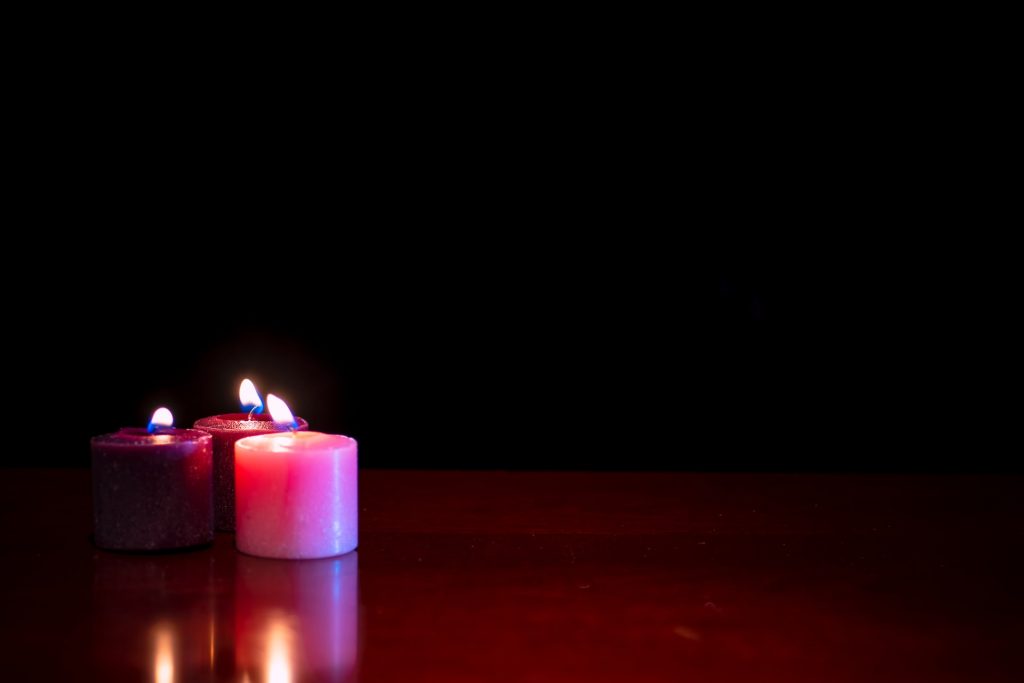
In our first reading today, we hear about the spirit of the Lord being sent to Isaiah, and a message there which is also relevant for us today. Through our Baptism and Confirmation, we received this same Spirit, we have the same call to bring good news to the poor, to heal broken hearts, proclaim liberty to captives, to proclaim freedom and a year of favour from the Lord. We are called to rejoice, this Sunday is Gaudete Sunday, Gaudete, meaning Rejoice in Latin. The entrance antiphon sings out “Rejoice in the Lord always; again I say rejoice. Indeed the Lord is near.” Does the Lord feel near to us? If I answer that question and the answer is no, then it is me who needs to change, because Jesus is always there, He never moves away from me, because He cannot move away. It is me who needs to change, because Jesus does not change, He is the same forever.
St Paul, in his letter to the Thessalonians; used today in our second reading; asks us to be happy always and to keep praying, thanking God for everything we have. We are to rely on the Holy Spirit, never try to suppress it, think before we act, avoid evil, ensure we are ready when the Lord comes again. Be sure that we realise, recognise and acknowledge that Jesus Christ Our Saviour is coming again and that He wants to see a faithful Body of Christ when He returns. We are part of that Body and we are called to maintain that Body while we are here on earth; and to make sure that we continually pass on our faith to those who will be here after us.
There is a very powerful message coming from the Church in Bethlehem, this Christmas. It says that all Christmas celebrations have been cancelled, and instead there is a time for prayers for peace. The image they are using is of the infant Child Jesus in the midst of rubble; symbolising the rubble found when a Palestinian home has been destroyed and the babies who have been pulled from the rubble. This is the reality of Christmas in Palestine, in Bethlehem in 2023. Families are being displaced, their homes destroyed, in what at times is indiscriminate destruction, while the world looks on and celebrates the birth of Our Saviour.
We pray that the people in war torn countries may be abler to rejoice again one day, when peace is restored to the whole world and all of mankind can recognise that we are all brothers and sisters from different parents, we are all friends who we have not gotten to know yet and that Jesus Christ came to save the whole human race, not just a chosen few.
Further Reading
The Catechism of the Catholic Church
Third Sunday of Advent
CCC 30, 163, 301, 736, 1829, 1832, 2015, 2362: joy
CCC 713-714: characteristics of the awaited Messiah
CCC 218-219: God’s love for Israel
CCC 772, 796: the Church as the Bride of Christ
Please keep in your prayers this week
- Those who are sick, those recovering from surgery, those who are dying, the recently deceased and those who mourn.
- All those struggling to feed their families at this time.
- Those working to help others who are struggling with the cost-of-living crisis.
- Those discerning a vocation and those considering coming into the Catholic Church.
- The innocent people caught up in wars and conflicts around the world, but especially those in Palestine, Israel, Ukraine and Russia.
